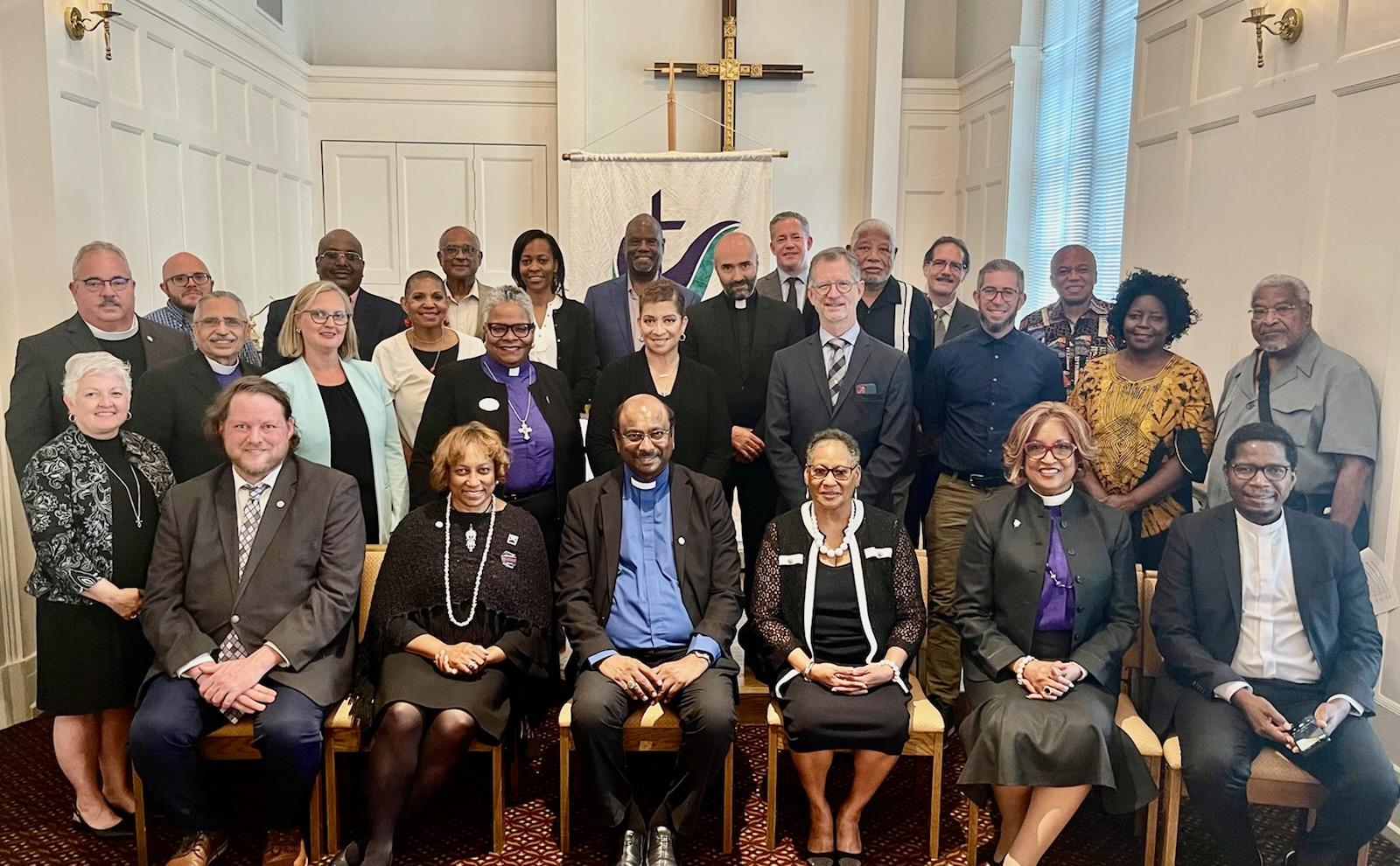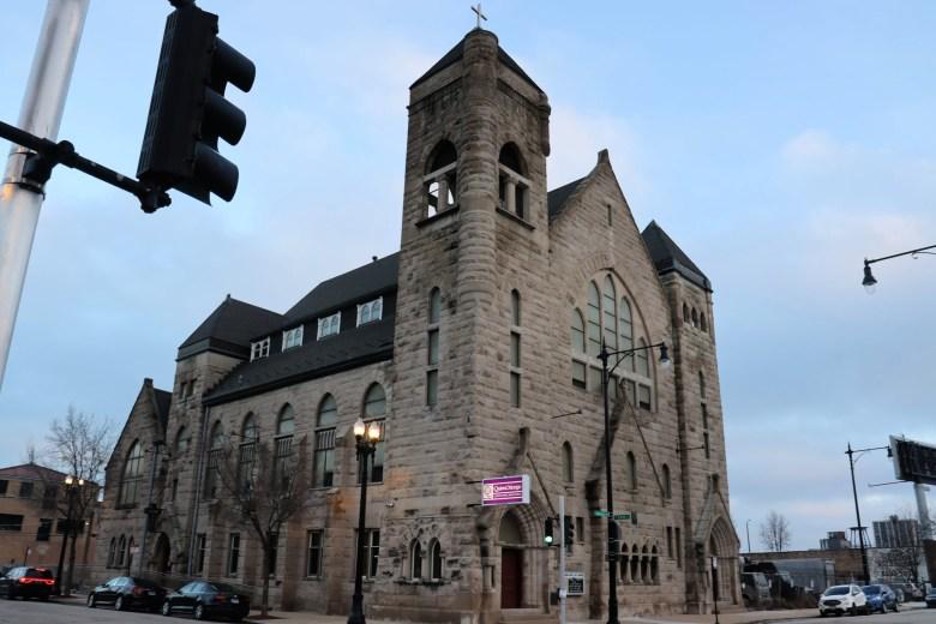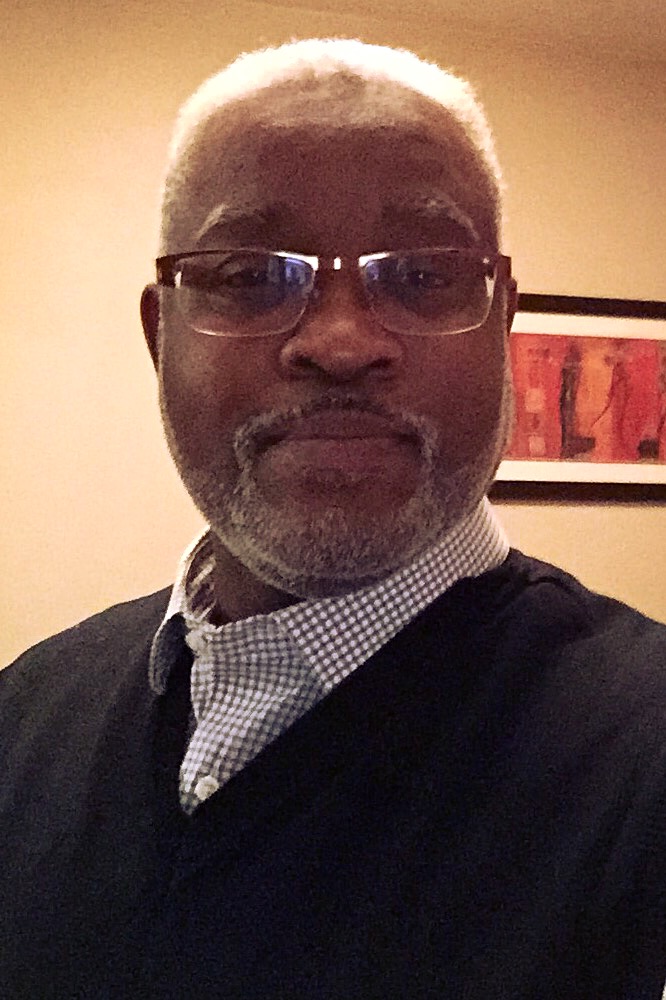A Church Problem
By Quardricos Driskell
There is one universal problem with the church, especially among rural, historical, and smaller churches – they are youthless.
The secretary-general, the Rev. Professor Jerry Pillay of the World Council of Churches (WCC), echoed this sentiment during his visit to the United States. The World Council of Churches is a global ecumenical body of churches. The WCC is a worldwide Christian inter-church organization founded in 1948 to work for the cause of ecumenism.
Bread for the World, a global ecumenical Christian advocacy organization dedicated to ending hunger, convened all mainline protestant denominations together, including the Rt. Reverend Jeffrey N. Leath, president of the AMC Council of Bishops, and Bishop Vashti McKenzie, leader of the National Council of Churches of Christ in the USA. The discussion centered on strengthening ecumenical relationships and cooperation in North America, addressing the challenges and opportunities facing Christian communities and the church’s role in promoting social justice, reconciliation, and peace.
The Rev. Professor Pillay noted that the WCC has formed a Commission on Justice that would center on ecological justice, gender justice, and economic justice while acknowledging the other challenges facing the church. While other challenges plaguing the universal churches were discussed, such as health equity, hunger, global racism, and religious fundamentalism, significant attention was paid to the absence of young people.
Churches worldwide have been facing a notable decline in attendance among young people. The absence of younger generations from religious congregations has raised concerns about these institutions’ future vitality and relevance. Understanding the reasons behind this trend and implementing effective strategies to engage and reconnect with young people is crucial for churches’ continued growth and significance.
“How do we grow and mentor and create a space for them?” asked the Rev. Pillay. We must go where they are; what did Jesus do amongst the poor? We went to where they were; he understood and healed them.”
If our churches do not have youth, the churches will die; this is a global crisis. Young people are starting to think differently about faith and church, and their thoughts and questions should guide us. Pillay poignantly said, “We think [youth] have a faith problem; they have a church problem. In some ways, they are teaching us about God.”
The Rev. Professor Pillay’s words are congruent with various studies on the decline of youth within various congregations.
Here are some reasons behind the exodus of young people leaving the church.
- Lack of Relevance: Many young individuals perceive churches as disconnected from their daily lives and struggles. The teachings and messages may seem outside contemporary challenges, leading them to seek guidance and meaning elsewhere.
- Busy Lifestyles: The demands of education, work, and extracurricular activities often leave young people with limited time. The rigid schedules of traditional church services may clash with their already crowded agendas.
- Authenticity: Young people value authenticity and are quick to spot insincerity. If churches come across as overly focused on rituals without addressing genuine concerns, they may fail to resonate with younger generations.
- Social and Community Alternatives: Online platforms and interest-based communities offer young people a sense of belonging that they might not find in conventional religious settings. These alternative spaces provide opportunities for connection and shared experiences that churches must compete with.
Here are some strategies for reconnection with youth
- Modernize Worship Formats: Adapt the format of services to align with the preferences of young attendees. Incorporate contemporary music, interactive discussions, and multimedia presentations to make the experience more engaging and relatable.
- Address Relevant Issues: Offer sermons and discussions that address current societal challenges, demonstrating the continued relevance of religious teachings in navigating modern life.
- Flexible Scheduling: Introduce flexible service timings or alternate gatherings that accommodate the busy schedules of young people to include evening services during weekdays or shorter, more focused gatherings.
- Interactive Learning: Create opportunities for open dialogue, where young attendees can ask questions, express doubts, and engage in meaningful conversations, fostering an environment of understanding and inclusivity.
- Community Involvement: Encourage involvement in community service projects, giving young people a chance to positively impact and embody the teachings of compassion and charity.
- Mentorship and Guidance: Pair young attendees with mentors who can provide personal guidance and a sense of belonging within the church community.
- Utilize Technology: Leverage technology to connect with young people, such as streaming services online, maintaining an active social media presence, and using apps for communication and event updates.
The absence of young people in churches is a multifaceted challenge that requires a comprehensive response. By recognizing the changing needs and preferences of younger generations and implementing strategies that foster relevance, authenticity, and community, churches can create environments that resonate with and engage young attendees. Embracing innovation while maintaining the core values of faith and spirituality can pave the way for a brighter future where churches continue to play a meaningful role in the lives of current and upcoming generations. If we fail to address the absence of youth in our churches, our churches will surely perish – maybe then, we can see Jesus again.
Reverend Professor Quardricos Bernard Driskell, a federal lobbyist, an adjunct professor of religion and politics at The George Washington University Graduate School of Political Management, and pastor of the historic Beulah Baptist Church in Alexandria, VA. Follow him on Twitter @q_driskell4





